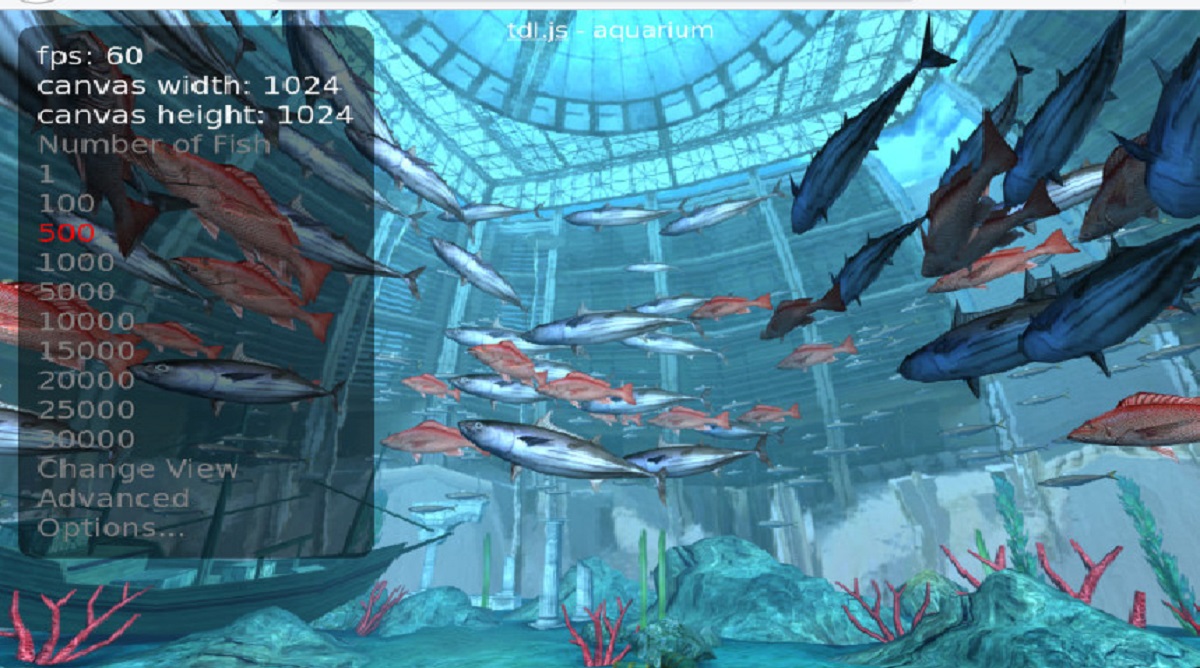
In the nightly versions of Firefox, on which the launch of Firefox 75 will be formed (which will be launched on April 7) has been made known what was implemented full support for WebGL in environments that use the Wayland protocol. So far, the WebGL performance level in Firefox Linux builds has left a lot to be desired due to a lack of support for hardware acceleration, due to issues with the gfx drivers for X11 and the use of different standards.
Gfx based acceleration in X11 was provided in Chrome, but at the cost of maintaining a large list of exceptions and solutions to avoid problems. While in the case of Firefox, WebGL hardware acceleration for Linux was never enabled by default, since Mozilla did not have the resources to analyze every problem controller and video card, in addition to focusing on other areas.
When using Wayland, the situation changed due to the appearance of a new backend which uses the DMABUF mechanism to draw textures and organize the exchange of buffers with these textures placed in the video memory by different processes.
Initially the new backend was developed with the goal of providing quality support for acceleration gfx. In addition to the back-end hardware acceleration WebGL was also given the opportunity to implement support for accelerated H.264 video decoding using the VA-API (Video Acceleration API) and FFmpegDataDecoder.
Firefox builds based on Wayland have succeeded in producing a GL work environment unified that is not tied to specific composite servers such as GNOME Mutter or KDE Kwin.
Acceleration support using the DMABUF backend is implemented for two mechanisms rendering available in Firefox: WebRender (the new one that uses the GPU to render web pages) and the composer GL (classic).
In both cases, when using the new backend the textures are created on the GPU and can be used directly between the browser processes responsible for composition and interaction with the GPU.
WebGL frames can be rendered directly in GPU memory, which can be reflected in the EGL frame buffer, rendered in the main process, and rendered as a texture when mixing web page elements.
To enable WebGL and video acceleration in the nightly version of Firefox, Firefox must be started with environment variable «MOZ_ENABLE_WAYLAND = 1»And configure«widget.wayland-dmabuf-webgl.enabled" Y "widget.wayland-dmabuf-vaapi.enabled»In about: config, and then check if acceleration is enabled on the page, plus libva library version 2.6.0+ is required is installed to work.
Finally, of upcoming changes in Firefox 75 expected, the following stand out:
- Enablement for UK users by displaying sponsored blocks on the homepage in the section recommended by Pocket's content service (previously, ads were shown only to US users) the blocks are clearly marked as advertising and are disabled in the settings.
- In password manager (about: logins), if no master password is set, initial support is implemented for displaying the OS authentication dialog and entering system credentials before viewing saved passwords.
- The ability to activate the profiling interface page without installing additional plugins, by clicking the "Enable profile menu" button on profiler.firefox.com, as well as the added performance analysis mode only for the active tab.
- A way of cleaning old cookies and site data when accessing sites with a movement tracking code with which the user does not interact interactively. The mode aims to combat tracking through redirects.
- The implementation of modal dialog boxes, linked to individual tabs and without blocking the entire interface, has started.
Source: https://mastransky.wordpress.com/